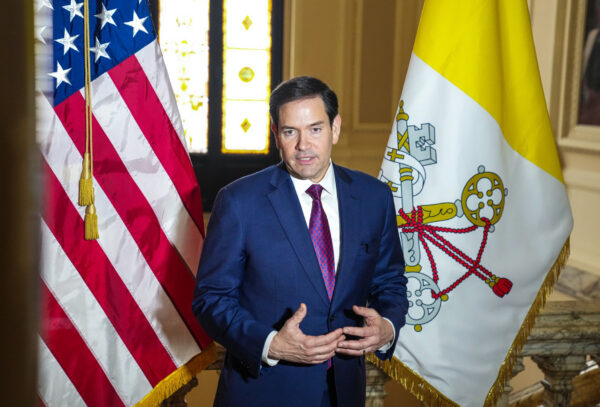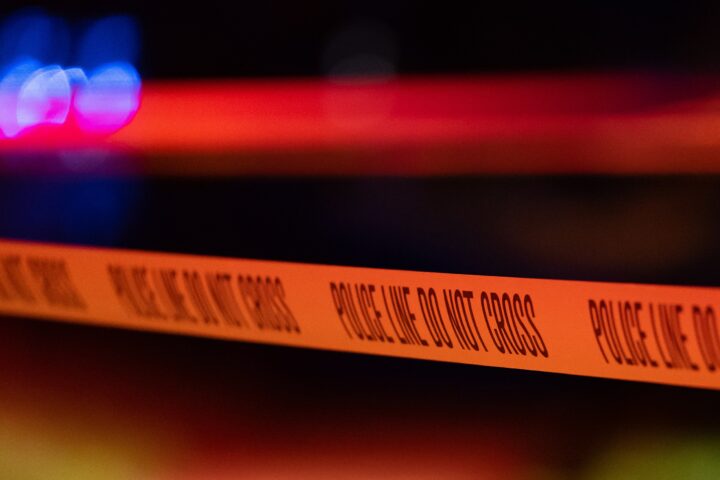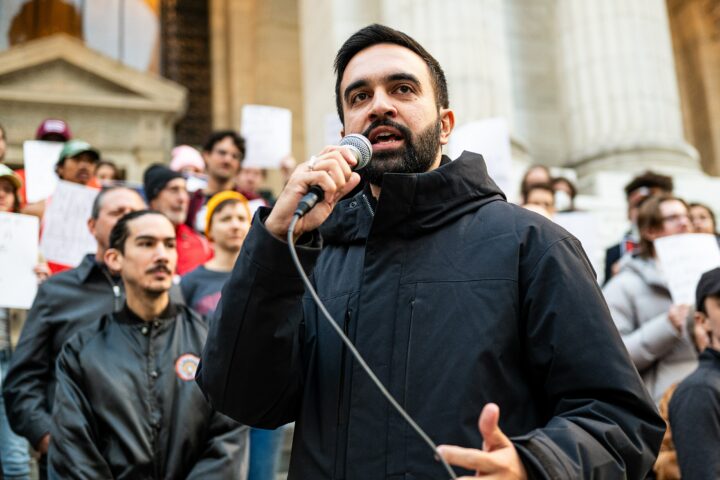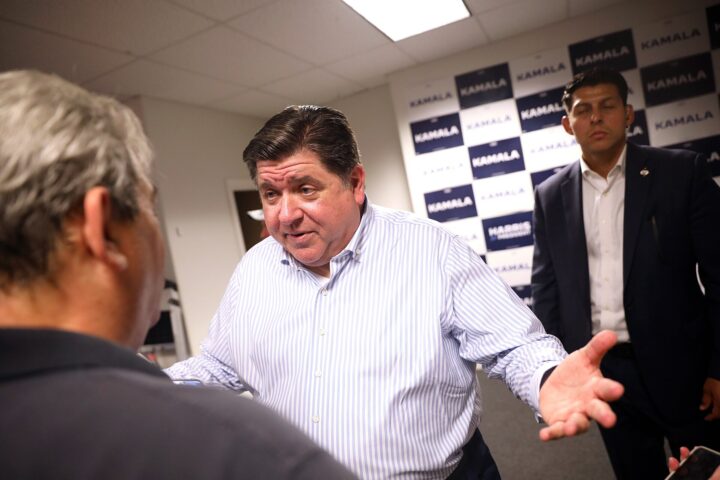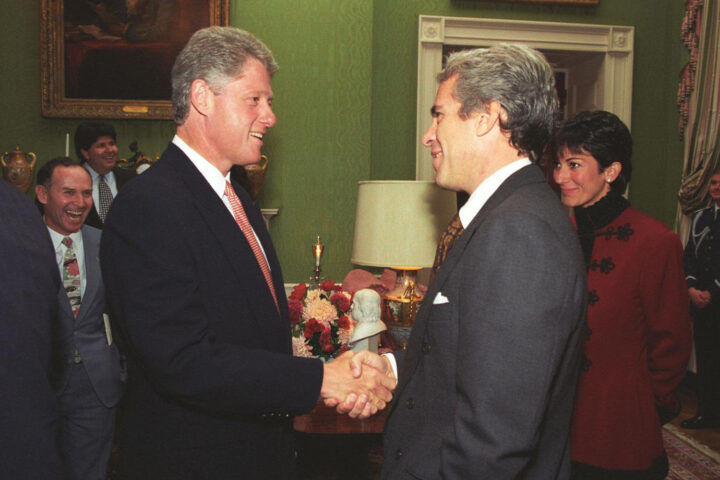In a forceful statement over the weekend, Secretary of State Marco Rubio reportedly called on the newly formed Syrian government to take immediate action to halt a wave of violence targeting religious minorities in the country’s restive southern region.
The plea comes amid mounting evidence of atrocities being committed against the Druze population, a community with historic roots in the area and strong cultural ties to neighboring Israel.
Rubio, long known for his hawkish foreign policy stance and commitment to religious freedom abroad, emphasized that Damascus must “help end this calamity” if it hopes to preserve any path to national unity. “The rape and slaughter of innocent people which has and is still occurring must end,” Rubio wrote in a post on X, formerly Twitter. “If authorities in Damascus want to preserve any chance of achieving a unified, inclusive and peaceful Syria free of ISIS and of Iranian control, they must help end this calamity by using their security forces to prevent ISIS and any other violent jihadists from entering the area and carrying out massacres.”
Rubio’s comments come as southern Syria—particularly the Druze-majority Sweida province—has descended into chaos.
The violence escalated sharply last week when Syrian regime forces aligned with Bedouin tribal militias launched attacks on Druze militias led by the influential Hikmat al Hijri.
In response, Israel, which maintains a policy of protecting Druze communities and holds strategic control of parts of southern Syria, launched precision airstrikes against Syrian military targets.
“The IDF continues to monitor developments and the regime’s actions against Druze civilians in southern Syria,” the Israeli military stated. “In accordance with directives from the political echelon, the IDF is conducting strikes in the area and remains prepared for various scenarios.”
U.S. Special Envoy to Syria Tom Barrack reported a tentative ceasefire had been reached by Sunday. “Escalating hostilities can only be contained with an agreement to pause violence, protect the innocent, allow humanitarian access, and step back from danger,” Barrack said.
He added that the current lull in fighting, which began at 5:00 p.m. Damascus time, is allowing for negotiations toward a hostage exchange between warring factions.
Still, the situation remains volatile. After Syrian government troops withdrew under Israeli fire, Druze militias retaliated against Bedouin positions, triggering a new wave of bloodshed.
Eyewitness accounts report brutal treatment of civilians and captives on both sides, underscoring the fragility of the current ceasefire.
Rubio placed responsibility squarely on the shoulders of Syrian President Ahmed al-Sharaa, urging him to restore order and hold his own forces accountable for alleged war crimes. “They must hold accountable and bring to justice anyone guilty of atrocities, including those in their own ranks,” Rubio stated.
The secretary also pointed to the broader geopolitical stakes. Without decisive action from Damascus to expel jihadists and curb Iranian influence, Rubio warned, Syria’s dream of post-war recovery could vanish. “This is not just about saving lives,” he said, “this is about saving Syria from becoming a permanent haven for terror.”
For Israel, whose own Druze citizens watch events unfold across the border with growing alarm, the stakes are deeply personal.
The Israeli government has reiterated its pledge to defend the Druze—both in Israel and beyond—highlighting the deepening alliance between Jerusalem and minority groups caught in the crossfire of a fractured Middle East.

